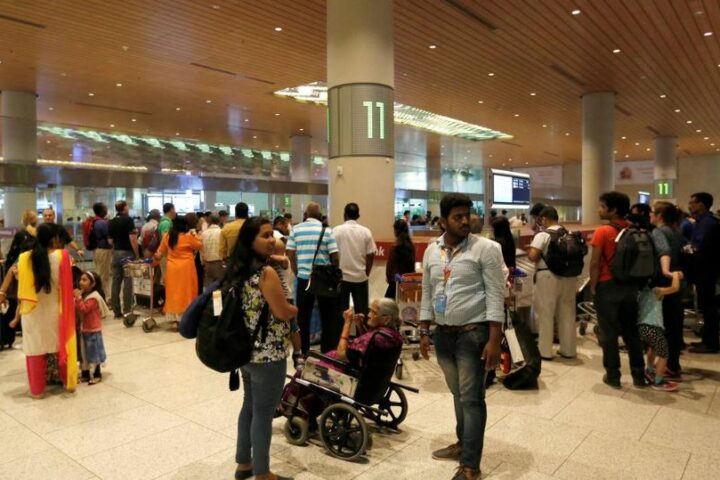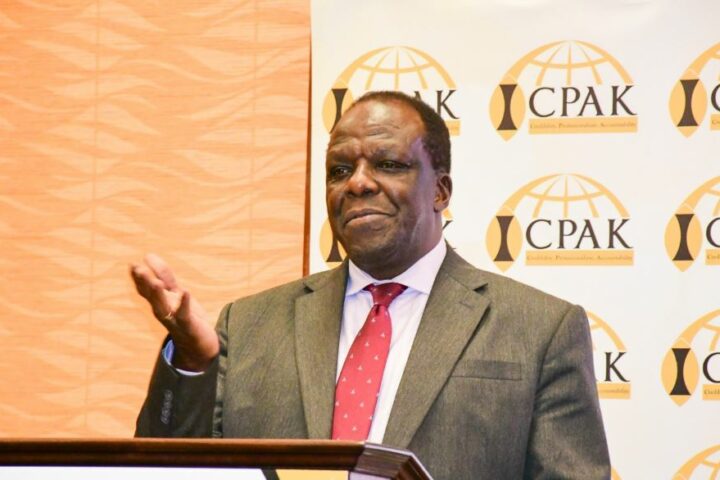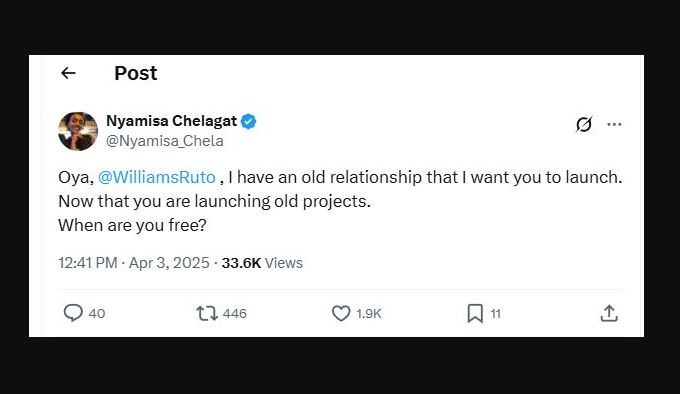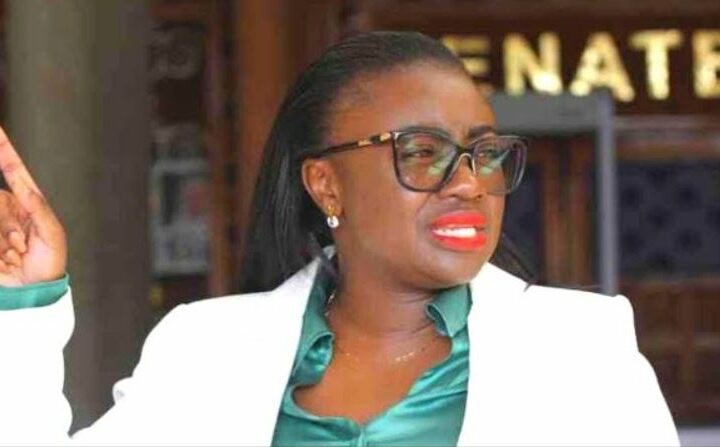 A Magistrate’s Court in Iten, Elgeyo-Marakwet County has convicted a Swiss national for extracting blood from Kenyan athletes.
A Magistrate’s Court in Iten, Elgeyo-Marakwet County has convicted a Swiss national for extracting blood from Kenyan athletes.
Iten senior principal magistrate Ms. Emily Kigen convicted 29-year-old Bassile Samuel David Moreillon on his plea of guilty. He was charged alongside Kenyan Geoffrey Kibet Bwambok.
The court heard that a detective officer from Iten police station arrested the duo after locals raised concerns about their suspicious activities in the area.
The accused paid Kes.1,000 to both renowned athletes and locals who agreed to have their blood samples extracted for purported research.
Charges
Bwambok and Moreillon were charged with undertaking scientific research without a license, contrary to Section 15 of the Science, Technology, and Innovation Act Number 6 of 2022.
The charge stated that between March 3 and 7, 2024, at Iten Township, Keiyo North Sub County in Elgeyo-Marakwet County, the duo, jointly with others not before court, were found conducting scientific research by obtaining blood samples mainly from athletes and non-athletes without a license from the National Commission for Science, Technology, and Innovation.
They were also charged with operating a private Medical laboratory without approval, contrary to Section 21 of the Medical Laboratory Technicians and Technologists Act of 1999.
The second count stated that at Run IX Athletes Camp in Keiyo South, they were found undertaking private practice as medical laboratory technologists at the athletes’ camp, which was not registered and licensed by The Kenya Medical Technicians and Technologists Board (KMLTTB).
The third charge stated that at Irong location in Keiyo North, they were found handling medical laboratory reagents that KMLTTB had not validated.
They were unlawfully found with several reagents, including Surgical, Spirit, (COVIGEN), BD vacutainer, Gel & Clot activator for blood collection, alcohol swabs, and HB calibrations, among other laboratory reagents that were not validated by KMLTTTB.
The accused faced a fourth count of handling invalidated laboratory equipment, contrary to Regulation 3 of KMLTTB Act of 1999.
On the fifth count, the court heard that they were arrested while engaging in private practice as medical laboratory technologists, contrary to the law.
Pleas
Bassille pleaded guilty to all the charges whereas Bwambok entered a not guilty plea.
Upon the prosecution reading the charges against him, Bassille pleaded guilty to all of them and then urged for mercy, stating that he had not wasted the precious judicial time.
Lawyer Edward Ruto, defending the foreigner, mitigated for a less punitive sentence, stating, “My client is remorseful. He is a Swiss national and a PhD student conducting research in partnership with Kenyatta University and the University of Nairobi.”
Ruto stated that his client has learned his lesson and has promised to abide by Kenyan laws.
Court Ruling
In her ruling, Magistrate Kigen was released Bwambok on a bond of Kh600,000 with an alternative cash bail of Kes.300,000. She then slapped Bassile Samuel David Moreillon with a fine of Kes.400,000 or serve a 2-year prison term.
“This court notes that you have pleaded guilty to the offence at the first instance.
“You will therefore serve in jail two years of imprisonment for count one, two months of imprisonment for the second count, four months for the third offense, and lastly, one year in jail for the fifth count. In the alternative, you will pay a total fine of Kes.400,000 in default,” the magistrate ruled, noting that the sentences will run concurrently.
The magistrate emphasized that courts would not relent in protecting innocent Kenyans against such acts. She questioned why the purported research was focused on athletes and their relatives, noting that Kenya is a sporting nation and athletes are highly esteemed.
The magistrate stressed that any research involving athletes must adhere to legally established medical norms. Furthermore, she cautioned citizens against complying with requests to extract blood for testing and research purposes.
Magistrate Kigen granted the convict 14 days to appeal the sentence if he was dissatisfied with it.








